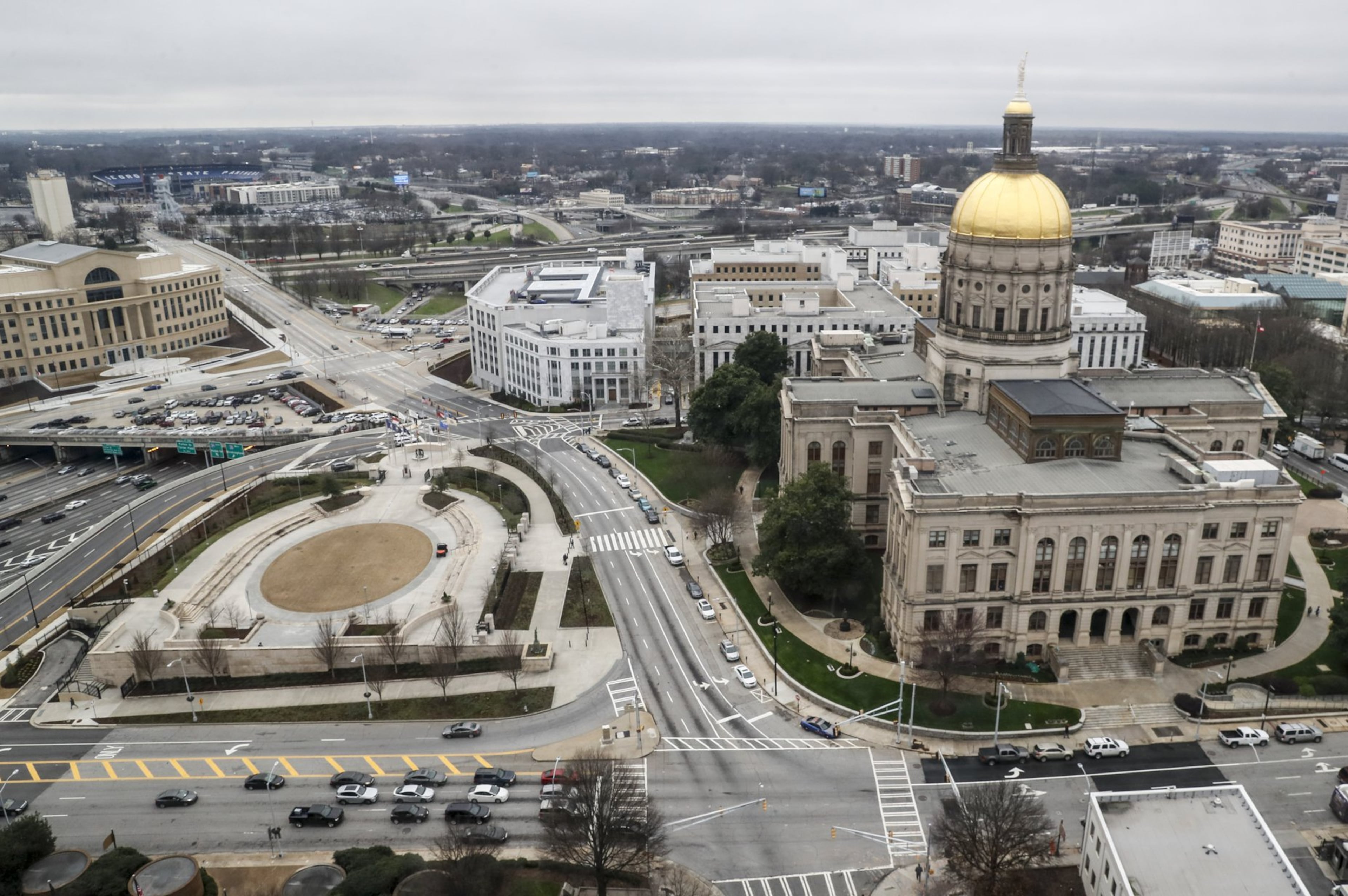Nursing home lobbyists decry Democrats’ alarm bells on spending bill

Georgia Democrats have been sounding the alarm in recent days that Medicaid funding cuts in President Donald Trump’s massive new tax and spending law endanger older adults living in nursing homes.
Not true, says the industry lobbying group for nursing homes.
“We’re not even close to that point,” Georgia Health Care Association CEO Chris Downing said.
U.S. Sen. Jon Ossoff, the Democratic Party of Georgia, state legislators and others cite research from Brown University naming 37 nursing homes in Georgia at elevated risk of closure after the bill.
“At a time when 70% of Georgia seniors in nursing homes are covered by Medicaid, independent public health studies have sounded the alarm that this puts dozens of nursing homes in Georgia potentially in financial jeopardy,” Ossoff said.
At the state Capitol, lawmakers painted a harrowing picture for the residents of nursing homes.
“This is about our elders being evicted from the places they call home,” said state Rep. Bryce Berry, D-Atlanta. “It’s people being forced out of the only place they come from. It’s seniors being separated from their caregivers, their community, and in many cases, the only family they have left.”
Researchers behind the Brown study say their work has to be conveyed carefully. They say their findings were not meant to suggest the nursing homes they named will close for sure or that they will close immediately. Instead, they say those specific homes are already vulnerable, and the new law puts them at much higher risk of closing in coming years.
Spared in cuts
When negotiations began in Washington on the federal spending package known as “the One Big Beautiful Bill,” nursing homes were indeed on the chopping block. But lobbying efforts spared nursing homes from the most severe cuts.
Compared to the others, nursing homes won big in the bill’s final language.
By the time Trump signed the bill, a Biden administration rule forcing nursing homes to spend more money on staffing was suspended. Getting patients approved for Medicaid was made tougher, but for nursing homes, just a little tougher.
Most importantly, a federal Medicaid funding stream called a “provider tax” was cut for hospitals, but merely frozen for nursing homes.
“That is a huge win,” said Downing.
Complex impacts
Nursing home industry lobbyists say that the Brown University study is outdated, focusing on the version of the bill before the Senate removed some of the deepest cuts proposed by the House.
The study’s authors disagree, saying the broader cuts to states’ Medicaid budgets are the focus. The overall Medicaid cuts will force states to make tough choices about how to spend a smaller pot of federal money, and they predict states will not keep up with inflation as they raise nursing homes’ Medicaid funding rates each year.
Of the Georgia homes on the list determined to be at risk, the majority are in Republican congressional districts.
Asked if he thought nursing homes would continue getting the same size of Medicaid funding increases from the state in coming years as if the law had not passed, Downing pointed to the state’s flush budget surplus and nursing homes’ legislative history of wins.
“My prediction is that impacts of this bill are going to be minimal,” he said.
“The ink isn’t even dry on this legislation, and so people are making accusations and predictions that are simply way too early to predict,” he said.




